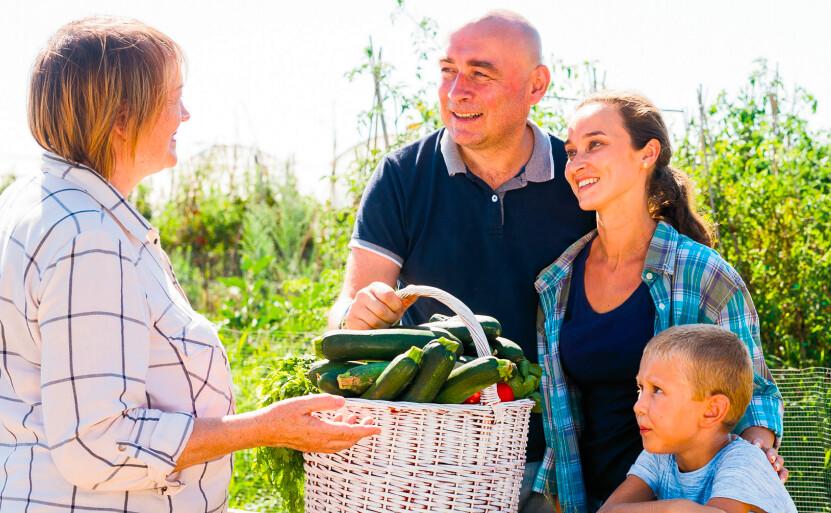I recently encouraged readers to make summer great again by getting the kids outdoors more and giving them lots of free time, along with trips to various attractions and historical sites close to home.
But after reading Wilfred McClay’s online essay “Civic Education, Rightly Understood,” it’s imperative to add one more item to this “make summer great” list: restoring history and civics to our children’s lives through everyday activities.






